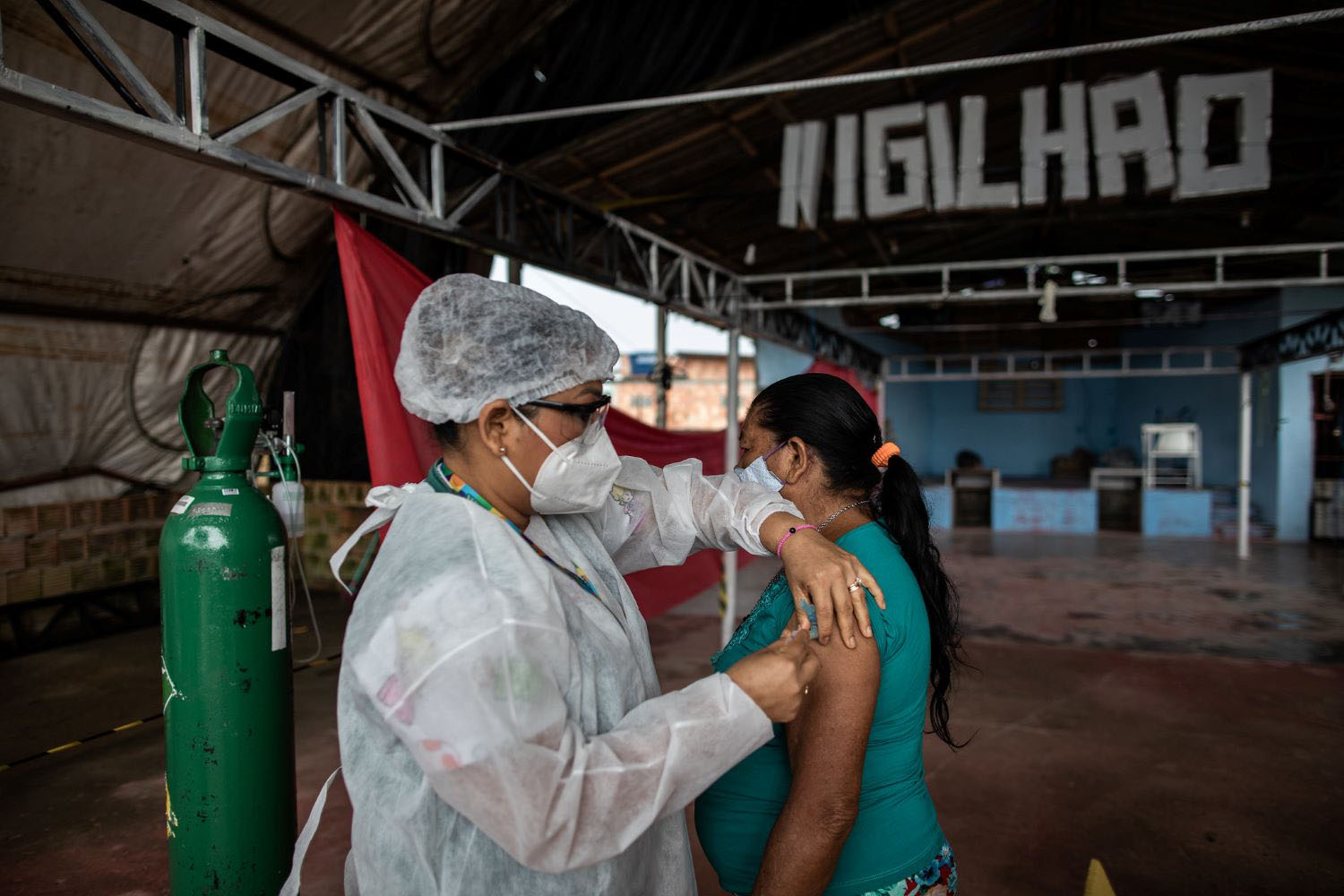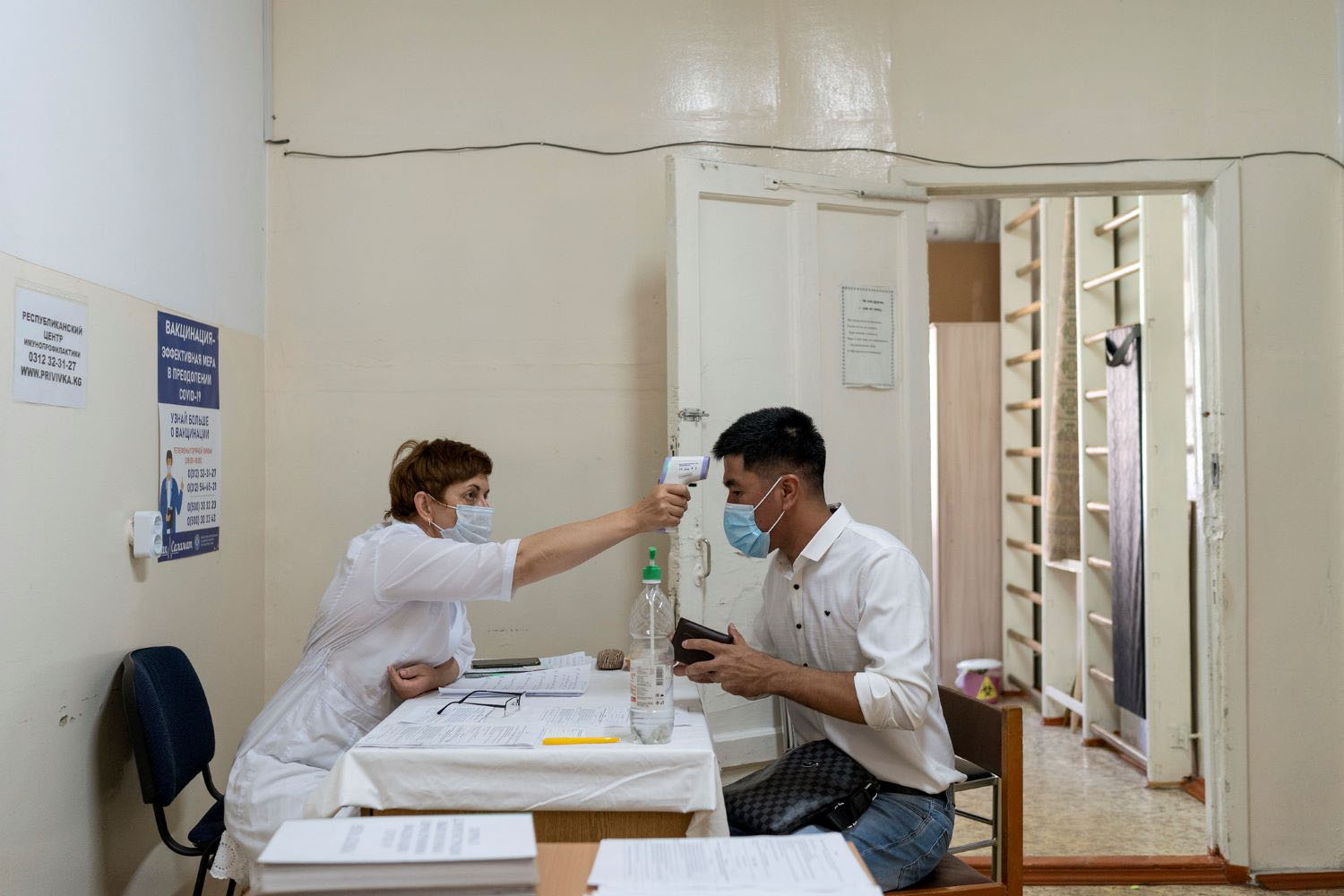The essence of an advance market commitment is that sponsors would guarantee that, if a suitable vaccine is developed, they will pay for it to be bought and used in developing countries.The purpose is to create a market for vaccines for neglected diseases that is big and reliable enough for the pharmaceutical and biotech industry to invest in R&D to develop new vaccines and scale up production to supply developing countries. This would reproduce for neglected diseases the same set of incentives and funding mechanisms as the ones that support the development of medicines for rich countries, and so bring the skills, experience, intellectual assets and the competitive pressure of the private sector to these challenges.An advance market commitment would not replace existing funding of basic scientific research. Just as governments fund basic medical research that underpins medicines for affluent countries, public funding makes an essential contribution to R&D for neglected diseases. But right now, there is no incentive for private sector market to pick up those scientific leads and run with them, competing to develop the best possible vaccine in the shortest possible time. The reason is that the market for those vaccines isn't big enough.The term advance market commitment was invented to distinguish the idea from an advance purchase commitment in which the sponsor would guarantee to buy a particular amount of vaccine for an agreed price. The advance market commitment creates market incentives, for example by leaving open the possibility that more than one supplier will qualify, allowing the purchasers to choose the best product for their needs. Because firms still face some demand risk, they have more of an incentive to make the best possible product, and get it to market as soon as they can. In economic terms, the advance market commitment approach solves the problem that the price is trying to do two different things. The price needs to be high enough to stimulate R&D in vaccines, but low enough to ensure that everyone who needs those vaccines has access to them. By guaranteeing a co-payment, the sponsors ensure that the price received by the producer (which is what will stimulate R&D) is higher than the price paid by the purchaser (which is what determines access).But the devil is in the detail. A CGD Working Group has brought together a team of experts in law, public health, economics, development and the pharmaceutical and biotech industry, who have spent two years looking at whether and how such a scheme might work in practice. You can read the report here.
Disclaimer
CGD blog posts reflect the views of the authors, drawing on prior research and experience in their areas of expertise.
CGD is a nonpartisan, independent organization and does not take institutional positions.





